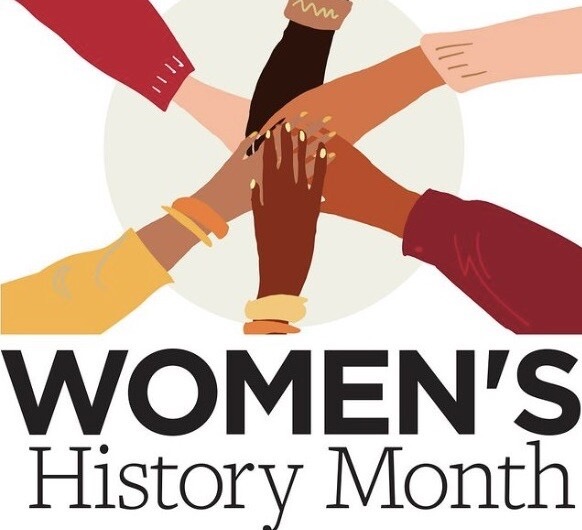
In recent years, the corporate world has witnessed an attack of skepticism and legal scrutiny on commitments to Diversity, Equity, and Inclusion (DEI). Notably, major corporations, including Delta Air Lines Inc. and Wells Fargo & Co., have faced lawsuits alleging discrepancies between their public DEI statements and actual practices. David Hood’s analysis in Bloomberg Law revealed a startling trend: over 40 lawsuits filed in the past three years cite ‘failures’ in living up to DEI aspirations, spotlighting a gap between promise and practice that Ethical Leaders cannot ignore.
Lawsuits Challenge Corporate Diversity Pledges After Floyd
As a seasoned coach in the realm of intercultural competence, I’ve worked closely with senior managers and directors, guiding them through their assessments using the Intercultural Development Inventory® (IDI®). This tool has been pivotal in measuring and developing an individual’s ability to understand and bridge cultural differences. This gap is not just a professional oversight; it reflects a more profound ethical and moral dilemma. My experiences have revealed a profound truth: disparity often exists between how leaders perceive their cultural competence and the reality of their actions and decisions within their professional and personal spaces. Their ability to respect their staff, peers, and customers’ beliefs, customs, norms, and values directly correlates to a new sensitivity and greater appreciation of their own cultures and the cultures of their loved ones and individuals within their communities.
In my coaching journey, I have seen how integrating principles of faith with professional development can lead to a more authentic and holistic approach to DEI that transcends mere corporate rhetoric and leads to meaningful change. I believe several vital aspects characterize this intersection:
Moral and Ethical Foundations: Many faith traditions emphasize principles like compassion, empathy, respect for others, and the inherent worth of every individual, aligning with the goals of DEI, which seeks to create environments where everyone is valued, respected, and has equal access to opportunities.
Inclusivity and Acceptance: At the heart of many faiths is the concept of inclusivity — embracing people from all walks of life, paralleling the DEI objective of creating inclusive environments where diverse backgrounds, perspectives, and experiences are welcomed and appreciated.
Social Justice and Advocacy: Many religious teachings promote social justice and the responsibility to advocate for the marginalized and oppressed. Advocacy is a core component of DEI, which involves addressing systemic inequalities and working towards more equitable systems for all employees.
Community and Belonging: Faith communities often provide a sense of belonging and community, which is also a fundamental goal of DEI — ensuring that individuals feel a sense of belonging and can participate fully in their organizations and communities.
Self-Reflection and Growth: Faith often encourages introspection and personal growth, essential values in DEI work. Understanding one’s biases, privileges, and cultural background is crucial for effectively engaging in diversity and inclusion efforts. Most leaders want members of their teams to feel valued and respected. IDI coaching sessions allowed time on their schedule to reflect on their abilities to see and hear each team member.
Conflict Resolution: Many faiths offer frameworks for forgiveness, reconciliation, and peaceful conflict resolution, vital skills in navigating the complexities of DEI-related issues within organizations and communities.
Global Perspective: DEI and faiths often have an international or universal outlook, encouraging adherents to see beyond their immediate context.
The gap between public DEI commitments and actual practices highlighted by lawsuits against corporations is crucial. Faith and Diversity, Equity, and Inclusion (DEI) offers a powerful perspective on addressing the challenges faced in the world. When moral and ethical foundations rooted in faith traditions align with DEI initiatives, it creates a more genuine approach to fostering inclusivity, acceptance, and social justice. These principles work hand in hand with values such as community commitment, belongingness, self-reflection, conflict resolution, and a global perspective.
By combining faith principles with development experiences like coaching sessions, I’ve observed personally, we can bridge this gap between rhetoric and reality. This will help us move towards a future where diversity and inclusion are not just goals but lived values that deeply influence every aspect of our being.
- How can organizations effectively integrate principles of faith into their DEI strategies to ensure their commitments translate into actions and cultural shifts within the workplace?
- Considering your experiences, when was the last time you had a moment to reflect on how your faith or moral principles contribute to improving your comprehension and application of DEI professionally?



